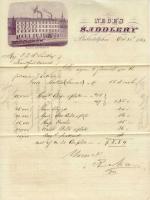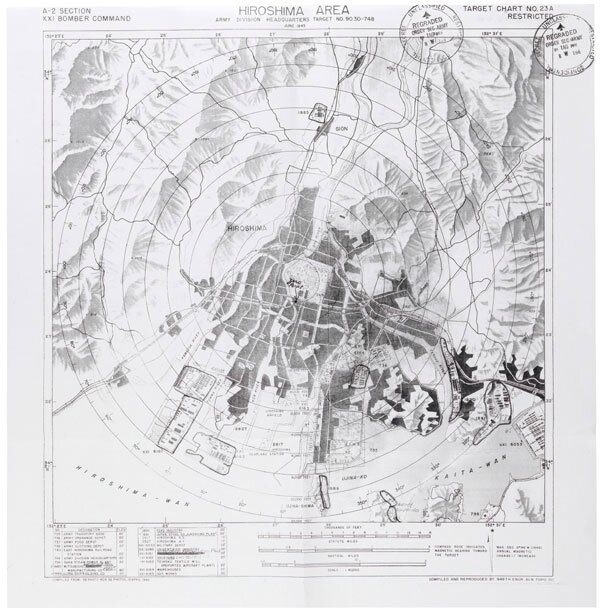http://journaldunarchiviste.fr/2013/06/24/la-memoire-spoliee-fonds-de-moscou/
I decided to translate this French article into English about Moscow archives for I couldn't find any similar article originally written in this language, and for it is a subject I particularly wanted to talk about.
" Following the recent reissue of Sophie Coeuré's book La mémoire spoliée. Les archives des Français, butin de guerre nazi puis soviétique, took place a lecture about the archives collection commonly known as the " Moscow archives " on last thursday June 11th at the National Archives of Pierrefitte-sur-Seine. This event, reuniting historians and archivists, was an opportunity to recall the content and the story of these archives, and to present the valorisation works in progress.
This collection comes from the " Occupation " time, when German authorities took possession of a lot of records in the countries they had invaded, mostly in order to use them for the administrative and military management of the invaded countries - but also aiming an ideologised historical reuse. In France, it resulted in the seizure of a very important amount of public records - the majority of which coming from Home Office and War Department - but private archives too, either belonging to politicians, jewish or socialist intellectuals, associations, political parties, unions or masonic lodges. Preserved in different locations of the Reich (Czechoslovakia, Poland), these archives were retrieved by USSR at the end of the war. They were then preserved and listed by Soviet authorities during the following fifty years, frequently scattering them across the various administrations which could need to use them (Foreign Office, KGB...). Eventually, the end of USSR allowed the redescovery of these documents, mostly thanks to historian Patricia Grimsted, who found them and reported their existence when she did.
In order to give these archives back to France, a long and complex work on diplomatic relations had to be committed. This was marked by several pacts, one of which was signed between both countries on April 7th 1992. A first part of the archives was returned back in 1994, about half of them found their way to France in lorries, and were filed at the National Archives Center in Fontainebleau, before Duma stopped the transfers.
After the resumption of the negociations, the rest of the archives was sent home in 2000, while at the same time France was giving Russia back three Russian archives collections it was holding. During these restitutions, the case of the private archives proved to be tricky, Russian authorities claiming a power from the archives rightful owners or from their heirs. French Government took in charge the centralisation of the restitution requests and the searching of the rightful owners or of their heirs. It was sometimes quite difficult to find them, and the operation even occasionally brought out some litigations, several people or institutions asserting to be the rightful heirs and claiming the archives.
Although most of the archives were given back to France, some clues tend to suggest that a various number of documents are still scattered all over Russian Federation (even in some Siberian libraries) and have to be located and brought back. Besides, the director of the National Archives of Russian Federation stated, during a several days visit in France at the end of 2012, that he wished he wished to develop an extensive archival cooperation between the two countries. It seems then possible to hope the reopening of restitution negociations within this broader project.
Once back in France, the different archives collections that were forming these " Moscow archives " were entrusted to the private rightful owners or to the public archives services responsible to their management. These ones then created searching guides presenting these new archives, in order to allow readers to consult these historically rich documents in good conditions. Thus, the Historical Defense Department Service got back more than three kilometers of documents which were produced by the War Department, documents which were integrated in their classification framework. Meanwhile, the General Security collection was entrusted to the Interior Justice Department and is about six kilometers. It is composed of folders and nominative supervising files, and documents generated by the various services of the General Security, all of them described in a methodical research guide allowing to understand the story of historical contingencies of the structure of the collection."
N. Hermant.







